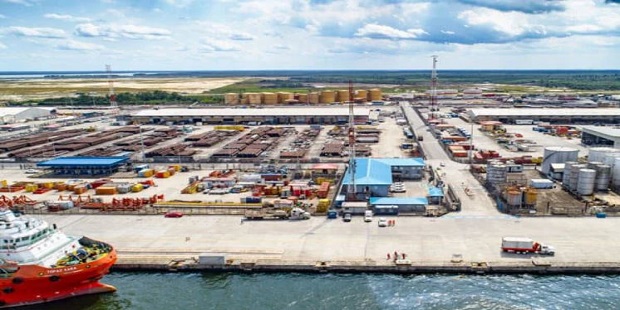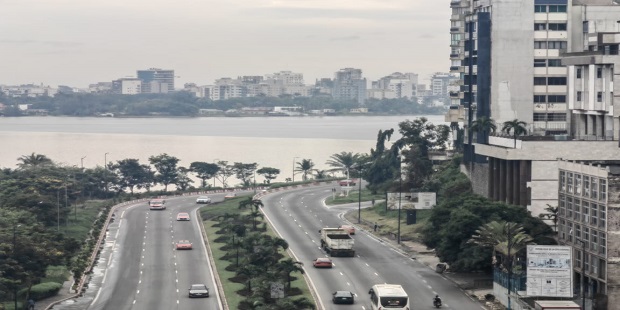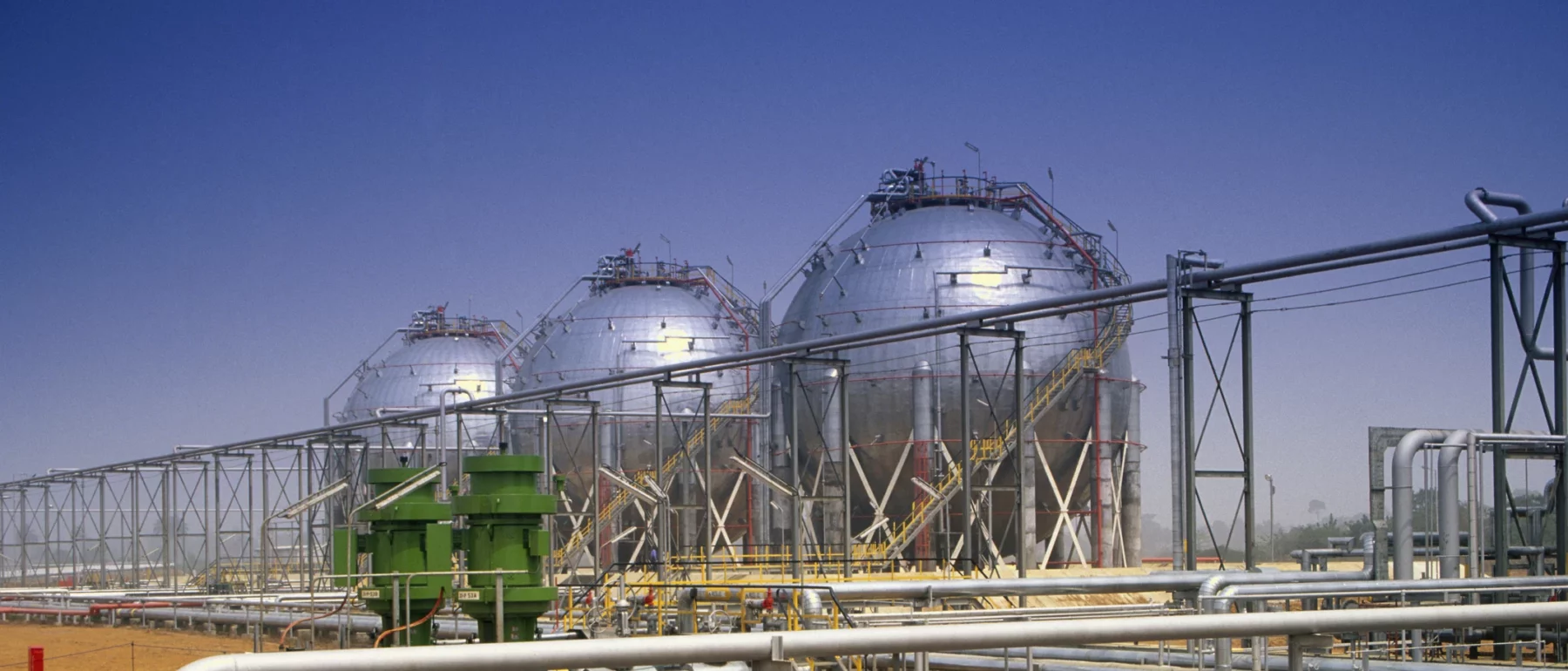I have just picked up my phone after breaking my fast to find multiple missed calls and countless messages about…
The post Back to Ground Zero: Who Advised President Bola Ahmed Tinubu to Do This? first appeared on Africa’s premier report on the oil, gas and energy landscape..
President Bola Ahmed Tinubu’s recent declaration of a state of emergency in Rivers State has sparked significant debate and concern among political analysts and stakeholders in Nigeria’s oil and gas sector.FMIONO+2Reuters+2Reuters+2
Emergency Declaration in Rivers State
On March 18, 2025, President Tinubu declared a state of emergency in Rivers State, a key oil-producing region in the Niger Delta, and suspended its governor, deputy governor, and all lawmakers.
This drastic measure was in response to escalating pipeline vandalism by militants, which had caused significant disruptions in oil production and exports. The local officials’ failure to address these security challenges further prompted federal intervention. Reuters+1Reuters+1
The emergency rule, approved by Nigerian lawmakers on March 20, 2025, is set to last for six months. During this period, the federal government will assume control of the state’s affairs, deploying security forces to maintain order and protect vital oil infrastructure. A retired vice admiral has been appointed as the caretaker administrator for Rivers State. ReutersReuters
Reactions and Concerns
The decision to impose emergency rule has been met with mixed reactions. While some view it as a necessary step to safeguard national economic interests, others express concerns over the suspension of democratic institutions and potential overreach of federal power. Critics argue that the move could set a concerning precedent for handling internal security issues and political disputes.
Implications for the Oil and Gas Sector
Rivers State plays a pivotal role in Nigeria’s oil production, and the ongoing security challenges have had adverse effects on the industry. The federal government’s intervention aims to stabilize the region, ensuring the protection of critical infrastructure and the continuous flow of oil exports.
However, the long-term success of this approach depends on addressing underlying socio-economic issues and engaging local communities in meaningful dialogue.Reuters
President Tinubu’s actions in Rivers State highlight the complexities of balancing national security, economic interests, and democratic governance. As the situation unfolds, it remains crucial for all stakeholders to work collaboratively towards sustainable solutions that promote peace, stability, and prosperity in the Niger Delta region.





